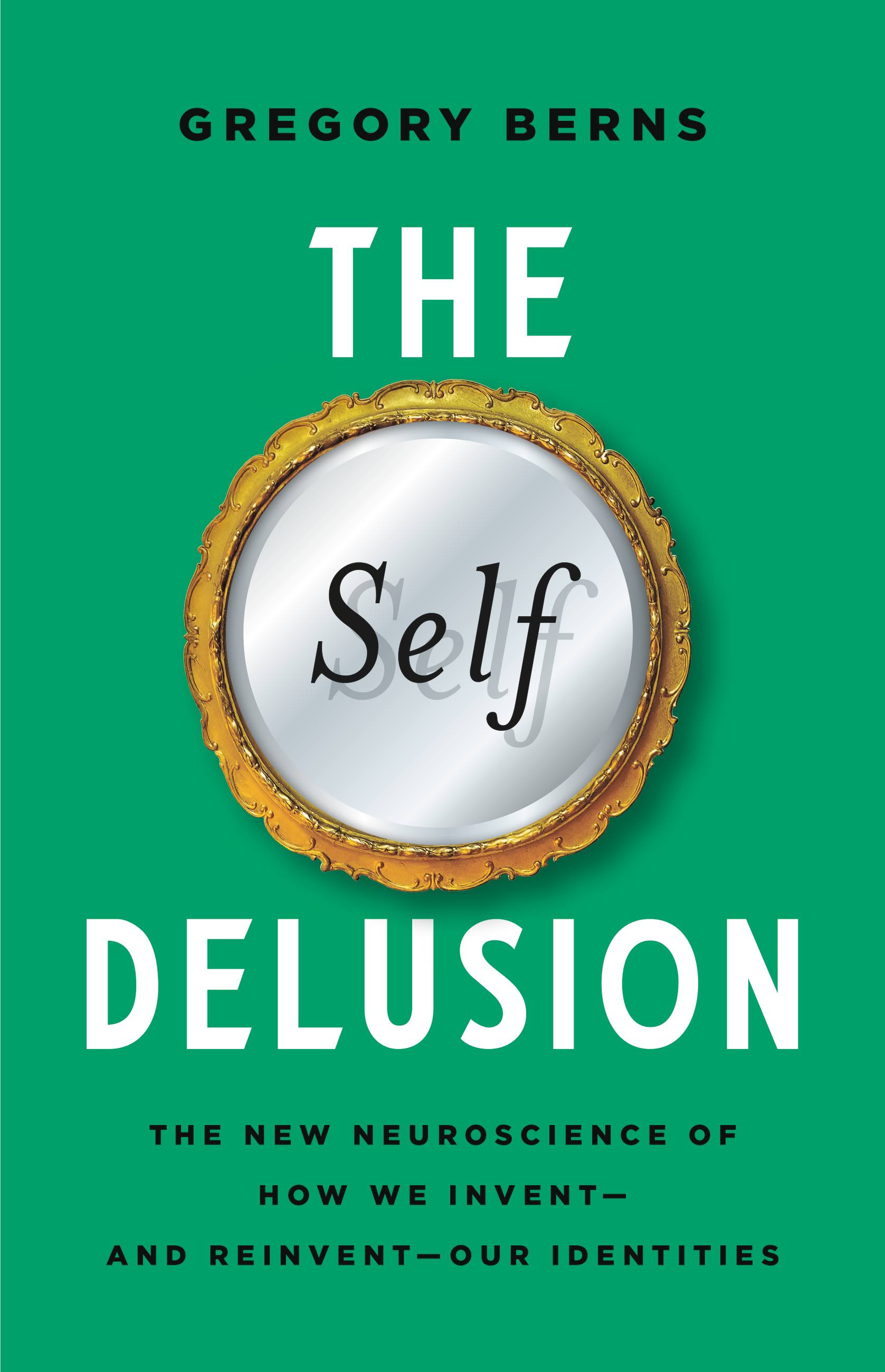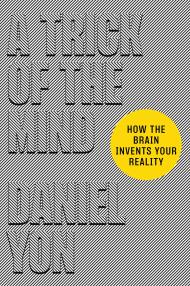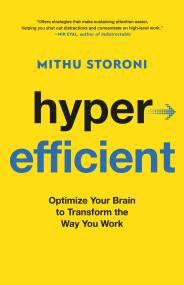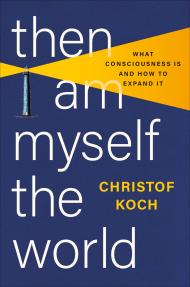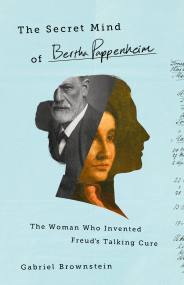By clicking “Accept,” you agree to the use of cookies and similar technologies on your device as set forth in our Cookie Policy and our Privacy Policy. Please note that certain cookies are essential for this website to function properly and do not require user consent to be deployed.
The Self Delusion
The New Neuroscience of How We Invent—and Reinvent—Our Identities
Contributors
Formats and Prices
- On Sale
- Oct 18, 2022
- Page Count
- 304 pages
- Publisher
- Basic Books
- ISBN-13
- 9781541602298
Price
$30.00Price
$38.00 CADFormat
Format:
- Hardcover $30.00 $38.00 CAD
- ebook $18.99 $24.99 CAD
- Audiobook Download (Unabridged) $24.99
Buy from Other Retailers:
A New York Times–bestselling author reveals how the stories we tell ourselves, about ourselves, are critical to our lives
We all know we tell stories about ourselves. But as psychiatrist and neuroscientist Gregory Berns argues in The Self Delusion, we don’t just tell stories; we are the stories. Our self-identities are fleeting phenomena, continually reborn as our conscious minds receive, filter, or act on incoming information from the world and our memories.
Drawing on new research in neuroscience, social science, and psychiatry, Berns shows how our stories and our self-identities are temporary and therefore ever changing. Berns shows how we can embrace the delusion of a singular self to make our lives better, offering a plan not centered on what we think will be best for us, but predicated on minimizing regrets. Enlightening, empowering, and surprising, The Self Delusion shows us how to be the protagonist of the stories we want to tell.
-
“[An] intelligent and provocative book”Wall Street Journal
-
" An apt and timely new book.”Mary Elizabeth Williams, Salon
-
“A fresh look at the relationship between our brains and self identity… Berns…delivers an expert and thoroughly satisfying exploration of this specific area of neuroscience…. Berns ably blends scientific literature with his accounts of his interviews with experts in a variety of fields to make a compelling case that our identities, as well as our perceptions of the world, are ever changing narratives based on highly selective evidence.... Not a solution to the 'hard problem,' but an ingenious account of how the brain creates ourselves and our world.”Kirkus
-
“The author has a clear, frank style that is especially helpful when he describes neuroimaging studies he has conducted and relating them to the greater topic at hand... This book offers much to ponder for readers interested in the relationship between epistemology, personality, and neurology.”Library Journal
-
“Although the nature of the ‘self’ has been a gnarly philosophical puzzle for eons, recent developments in the brain sciences have begun to reveal what is actually happening. Gregory Berns, a neuroscientist as well as a psychiatrist and master storyteller, connects our lived experiences to brain facts with an uncanny knack for clarity, accuracy, and joyfulness. Me, myself, and I—we all consumed this book like it was peaches and cream.”Patricia Churchland, University of California, San Diego
-
“A beautifully written account of insights from many fields, including storytelling and what Berns has gleaned from brain imaging as a neuroscientist. The Self Delusion confirms what John Donne said: ‘No man is an island entire of itself; every man is a piece of the continent.’ We can only understand ourselves as part of something much greater than we realize.”Julian Barbour, author of The End of Time
-
“A wonderfully creative book. Drawing on both cutting-edge cognitive psychology and the science of storytelling, Berns makes a compelling case that ‘we’ are constructed from fleeting perceptions and narratives—and shows us how we can harness this machinery to reinvent who we are.”Stephen Fleming, University College, London
Newsletter Signup
By clicking ‘Sign Up,’ I acknowledge that I have read and agree to Hachette Book Group’s Privacy Policy and Terms of Use

